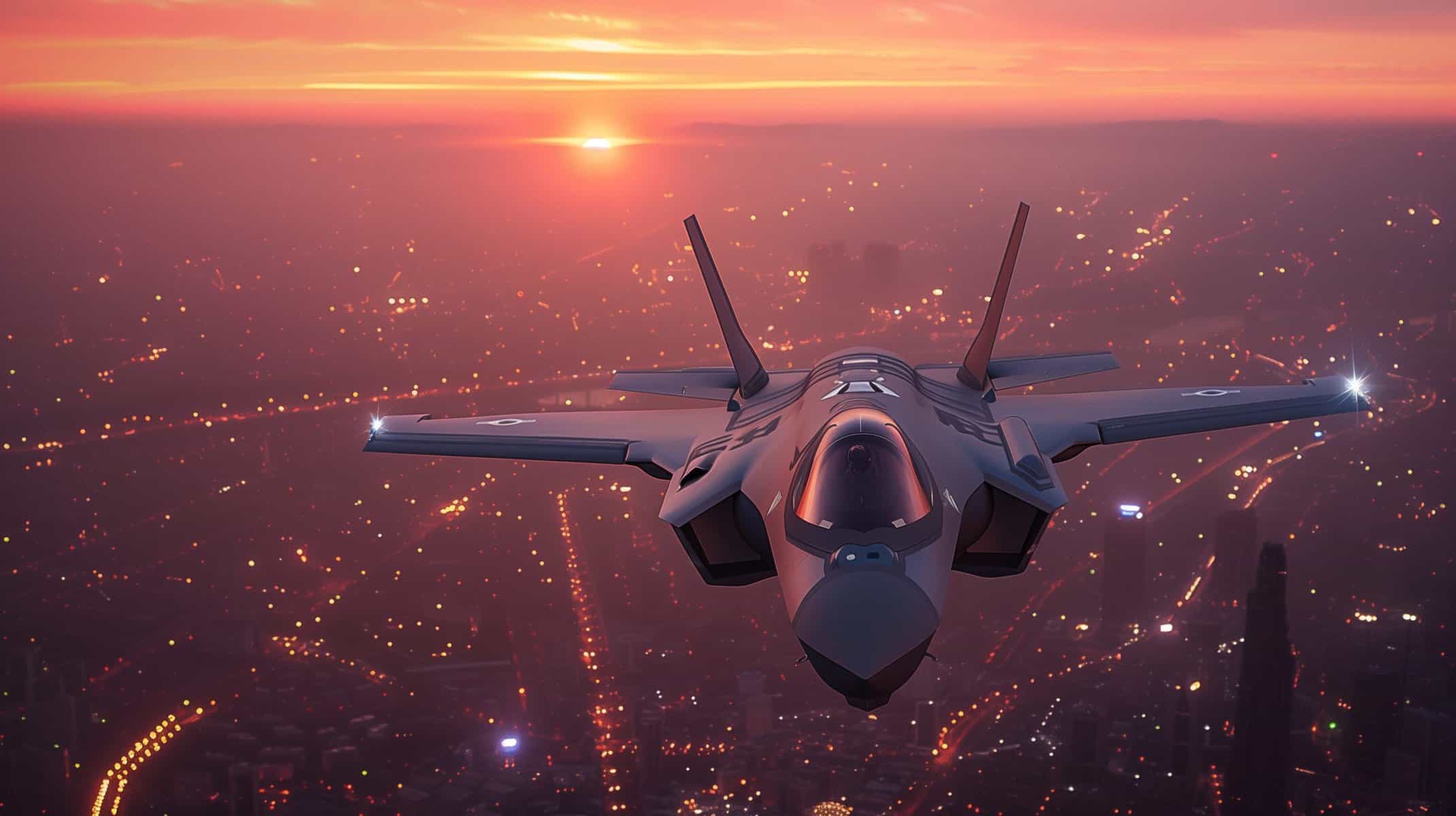Turkey Reopens Negotiations for F-35 Jets as US Perspective Shifts
Turkey has taken decisive action in its aerospace ambitions, renewing a bid to obtain the previously denied F-35 fighter jets from the United States. This development comes amid changing attitudes in Washington regarding the sale.
Turkish Defense Minister’s Strategic Announcement
Turkish Defense Minister Yaşar Güler outlined the new developments, indicating a shift in the US stance. Turkey, which has already developed its own fifth-generation fighter, the Kaan, has seen positive signals from the US about the F-35 transaction. The Kaan fighter impressed US observers, leading to a reconsideration of the jet transfer.
Revived Discussions
In response to these evolving dynamics, Turkey has promptly reissued its request for the F-35 aircraft. Six of these jets are already stationed in the US, awaiting a final decision. This renewed interest reflects growing diplomatic and military engagements between the two nations and marks a potential thawing in previously strained relations.
As Turkey continues to advance its military capabilities, the possibility of acquiring the F-35 jets signals a pivotal moment in US-Turkey defense cooperation. The outcome of these negotiations could have significant implications for Turkey’s defense strategy and its role within NATO.
Game-Changer in Global Aerospace: Turkey’s Increasing Leverage on F-35 Negotiations
With the revival of negotiations for the F-35 fighter jets, a wave of technological and geopolitical implications for global aerospace and defense industries has emerged. Beyond the strategic partnership and defense capabilities enhancements for Turkey, this scenario might catalyze significant shifts in regional power dynamics and technological innovations.
The Influence of Turkey’s Indigenous Aerospace Innovations
Apart from pursuing the F-35s, Turkey’s indigenous innovations such as the Kaan fighter jet demonstrate Turkey’s growing expertise in advanced military technology. The Kaan, unveiled impressively to US observers, showcases that Turkey is not only a consumer of defense technology but also a burgeoning developer. This underscores Turkey’s ambition to become a prominent entity in global aerospace manufacturing, reducing its reliance on foreign technologies, and encouraging regional competitors to enhance their indigenous capabilities.
Economic and Technological Ripples
New technology developments could stem from Turkey potentially acquiring the F-35s. Advantages include enhanced R&D focused on aerospace, leading to economic growth stimulated by high-tech industries. Turkey’s local industries could integrate cutting-edge technology from the F-35s into existing platforms like the Kaan, paving the way for innovations in commercial aviation and even space exploration.
On the flip side, disadvantages might include economic burdens from high procurement and operational costs of the F-35s. This financial pressure could potentially limit domestic investment in other crucial sectors. Additionally, integrating foreign technology carries risks of dependency and the potential for political leverage by provider nations.
Broader Implications and Controversies
The rekindling of F-35 discussions leads to multiple questions: How will Turkey’s acquisition affect NATO dynamics? Could it alter arms race nuances in the Middle East? There are concerns over the regional imbalance and escalated tensions, as Turkey boosts its defense strategies, potentially pressuring neighboring nations to reassess their military postures.
A contentious aspect could involve the implications for global arms treaties and the balance of power. Will this move push other nations to review their defense agreements with the US or support defensively autonomous paths echoing Turkey’s methods?
Future Trajectories
The reconnection between US and Turkish defense strategies could either foster a new era of strong alliance or incite debates over arms dependencies and geopolitical power shifts. The final outcomes of these negotiations are likely to be essential indicators for future global military collaboration frameworks and might set precedents for international technology transfers.
Looking to stay ahead of the curve on these developments? Visit Defense.gov for the latest in defense news, or explore NATO’s official website for insights on alliance dynamics.
This evolving story not only highlights strategic military negotiations but also illustrates the far-reaching implications of technological advancements on international relations. Keep a close watch – the next technological leap or geopolitical reshuffle could be imminent!
















